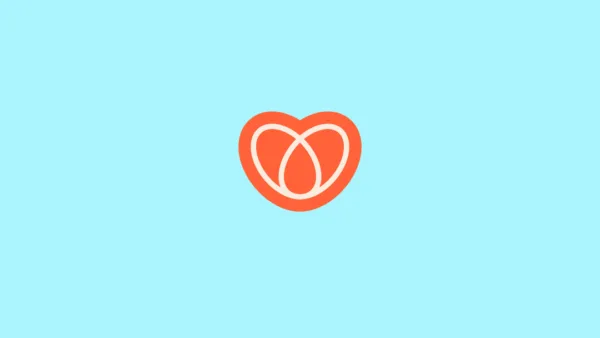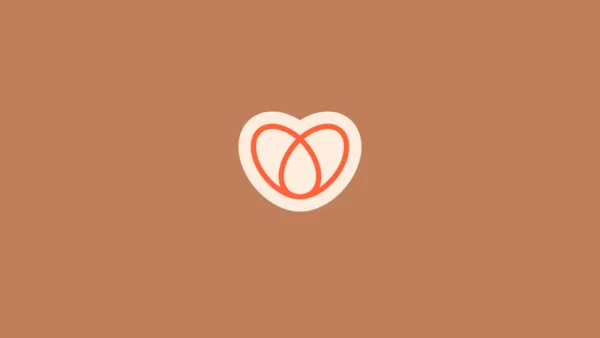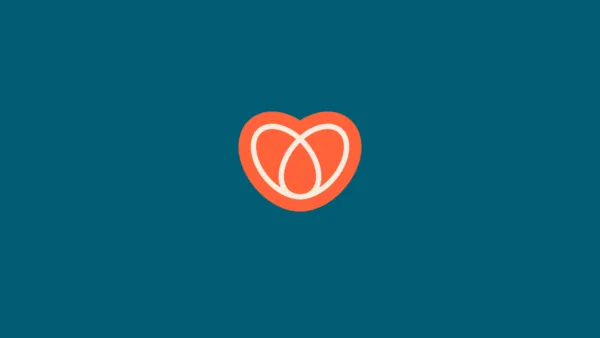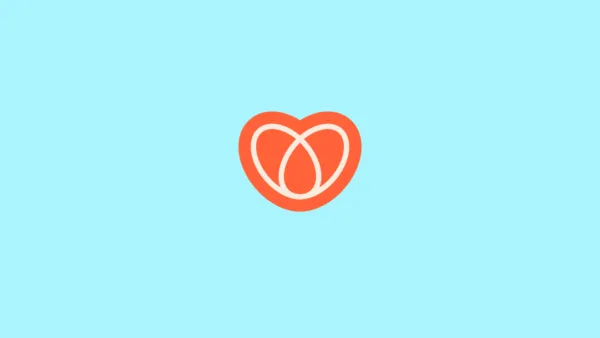kia orana and greetings.
If you are reading this, you are sitting where we were many years ago, seven to be exact.
Before I get ahead of myself let me share with you who we are. I am of Cook Island descent from a large family. I was brought up by my paternal grandparents in Tokoroa.
University educated and career minded. My Pakeha husband was born in Te Awamutu and is from a small family. Our son was born 11 years ago, conceived naturally and without difficulties. We never thought we would have fertility issues until our boy was three years old.
After a number of attempts, herbal medicines, medical checks, pleas to the wider family for a baby/child in the Cook Islands and New Zealand and starting the adoption process. We finally
knew something was up. The issue sat with me for two reasons:
- I was overweight
- I was not firing at the right time (not sure what the right term was)
The husband was relieved about his manhood he said. When I finally got my head in the right
place and lost close to 10kgs, we tried again in 2010. Success came our way because:
• We focused on living life as individuals/ couple and a family.
• Knowing that every one at Fertility Associates was trying their best to help us get pregnant.
This was demonstrated in their constant reassurance, answering all our questions, no matter how dumb it may have sounded to our ears, and giving us that warm smile when another cycle did not work.
In September after another failed attempt we both agreed October would be our last attempt. We are now four months along in our pregnancy. I do not know who is happier, our son who will now have a sibling, us for sharing our love again, our parents and wider family who have been waiting years for another angel to join our family, or Fertility Clinic staff who have been on that journey with us.
To you we give our love and understanding as you take this emotional journey. As individuals and a family we have come out as better persons and a stronger family. Life never ended when we were told I had the fertility problem, it just got more colourful along the way.
Kia Manuia.






